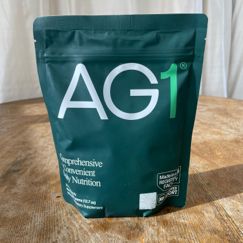Research suggests protein powders can be healthy when used appropriately. Both animal-based and vegan protein powders can support muscle growth and recovery, the evidence leans toward whey protein (animal-based) being more effective for muscle building.


Protein powders are concentrated sources of protein derived from various sources, commonly used to supplement diets, especially for athletes, fitness enthusiasts, and those with higher protein needs. They come in animal-based forms like whey and casein, and vegan options like pea, rice, and soy protein.








